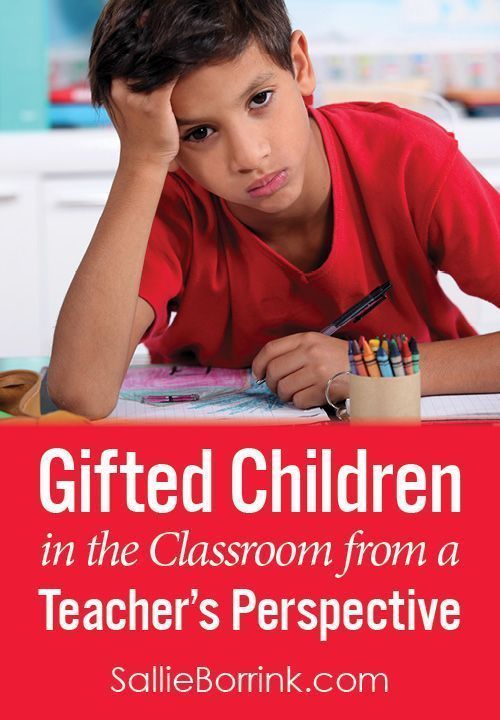How to teach gifted child
50 Tips, Tricks and Ideas for Teaching Gifted Students
Gifted kids can be a joy to teach when you know how to identify what engages them. These 50 tips and tricks come from my own experience and from around the Web. They’re good to have in your bag of tricks whether you’re a newbie or an old hand at teaching these high-level thinkers.
1. Know Their InterestsEvery year, I start by having my students complete an interest inventory. This helps me ensure that curriculum is personalized to their interests.
Share what you are reading with gifted students. Often, these students experience a reading lag where they can’t find a sweet spot because it is hard for high-ability students to understand what is both challenging and appropriate.
3. Keep Them ActiveGifted students often need to have the ability to move when learning … pacing, flapping and bouncing are parts of their thinking process.
4. Offer Flexible SeatingA window seat is my favorite place to read, so I keep that in mind when offering seating. Try to offer different seating options for students: beanbag chairs, carpet squares, pillows, director chairs … the list can go on and on.
SOURCE: kindergartenisgrrreat.blogspot.com
5. Model Social SituationsSocial situations can be challenging for some gifted students as their ability to understand social cues can be underdeveloped. Team up with other teachers to model the proper way to start conversations.
6. Share Current EventsCurrent events are important to incorporate into gifted programming. We want these students to be thinking about how they can use their talents to solve real-world problems.
7. Look for the HelpersAs important as current events are, it is also just as important to understand that gifted students internalize global happenings on a very personal level. Kids do not have the experience with the world to understand that despite there being a war or attack, there are still good things happening in the world.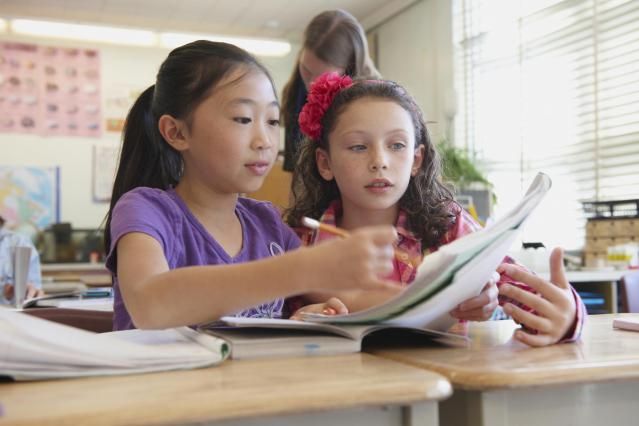
SOURCE: Reddit
8. Allow for GroupingsNot all gifted students are meant to be the project manager. Allow students the opportunity to work alone or in a group. Even cross-grade groupings work well with gifted students.
9. Mind the Child Labor LawsGifted students who finish early should not automatically be the teacher’s helper. Gifted students can be some of the worst students to assist others because their brains often work very differently. Having a gifted child help a student who is struggling may do more harm than good.
My grandmother always said, idle hands are the devil’s workshop … so keep some key things in the back for busy hands. LEGO bricks, cardboard and masking tape, and Snap Circuits are some of my favorites!
11. Introduce Minecraft EduDon’t be scared to incorporate students’ passions and interests. I once had a student who never wanted to practice spelling words until I told him he could practice them in Minecraft.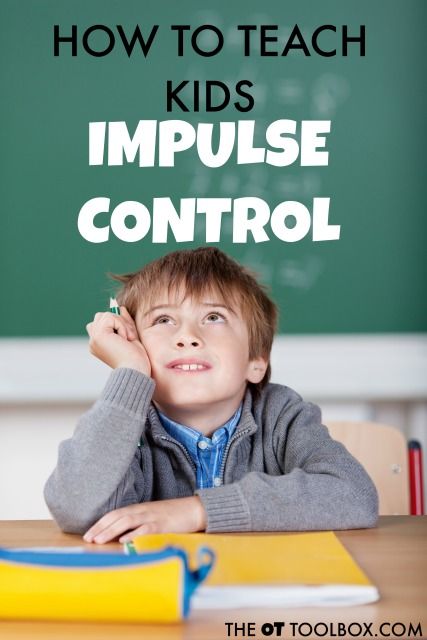 Minecraft Edu has lots of great ways teachers can implement this engaging game in the classroom.
Minecraft Edu has lots of great ways teachers can implement this engaging game in the classroom.
SOURCE: http://education.minecraft.net/
12. Give Them End DatesProvide gifted students with clear endpoints on projects and assignments. Gifted students can create unusually high expectations and never see an end in sight; a book reflection can easily become a 10-page paper, a PowerPoint can become an intensive course on the topic. Letting students know where to stop can be helpful.
13. Set Realistic GoalsUse FutureMe.org and have students write a letter to their future selves. Once students have written the letter, you can set the date for it to be sent to their inbox. What a great way for students to set goals and create natural check-in points.
14. Teach Decision-MakingGifted students can have a huge case of FOMO: fear of missing out. They understand that decisions have consequences, and sometimes they need to be given an inordinate amount of details about their options. Allow for the gifted student to fully understand the pros and cons of a decision.
Allow for the gifted student to fully understand the pros and cons of a decision.
Gifted students are processing a lot in their minds. Be patient and give them the time to reflect on what they need to come to a consensus they can live with.
16. Assign Expiration DatesMy gifted students walk into class with exploding folders and binders. They keep everything because there is a fear of being unprepared. Just like expiration dates for food, think about adding a footer to your handouts: “This handout expires on April 15.”
17. Model Organization StrategiesOr at least model how you organize life. Gifted students like options and seeing how they work in the “real world” is very helpful. I show students how I use notes to organize things, how Google Calendar is my lifeline, and what I do for physical notes. I have used planners in the past and show those examples as well.
We also review different apps that could be helpful.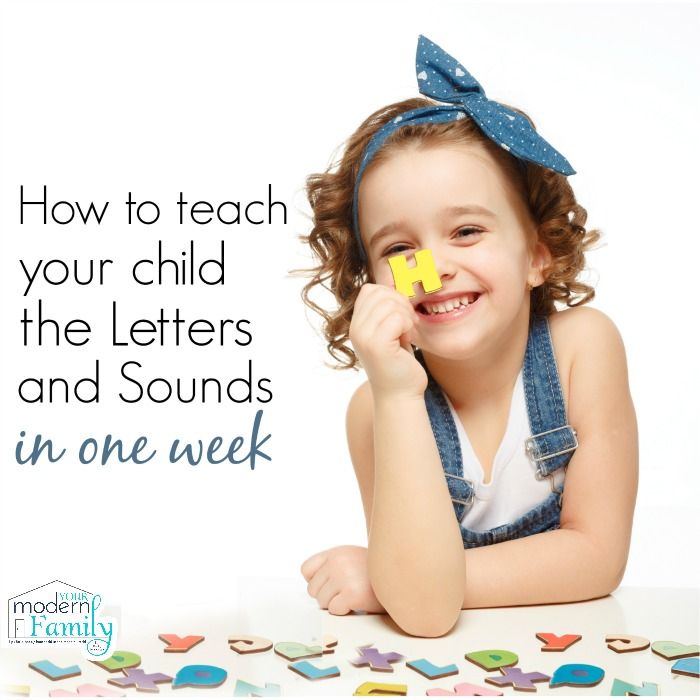 I urge students to find what works for them. No system is not an answer. We all need a system to help us be productive. When I taught younger students, we would all try different systems together as our end-of-the-day procedure.
I urge students to find what works for them. No system is not an answer. We all need a system to help us be productive. When I taught younger students, we would all try different systems together as our end-of-the-day procedure.
Offer gifted students a hobby that can help calm their busy minds. Teach them how to Zentangle, breathe, meditate, make friendship bracelets, knit, color—anything that allows for them to focus carefully on details can help them quiet some of the extra noise.
SOURCE: http://teachertothecore.blogspot.com
19. Explore Their PassionsSome gifted students don’t have a passion yet because they haven’t found it. Provide exposure to as much as possible. TED talks are one way to help students think about different topics. TED even has created teaching enhancements. I heart TED.
20. Read Tons of BiographiesReading, watching or listening to the lives of others can help gifted students develop a plan of action and see what others did to accomplish goals.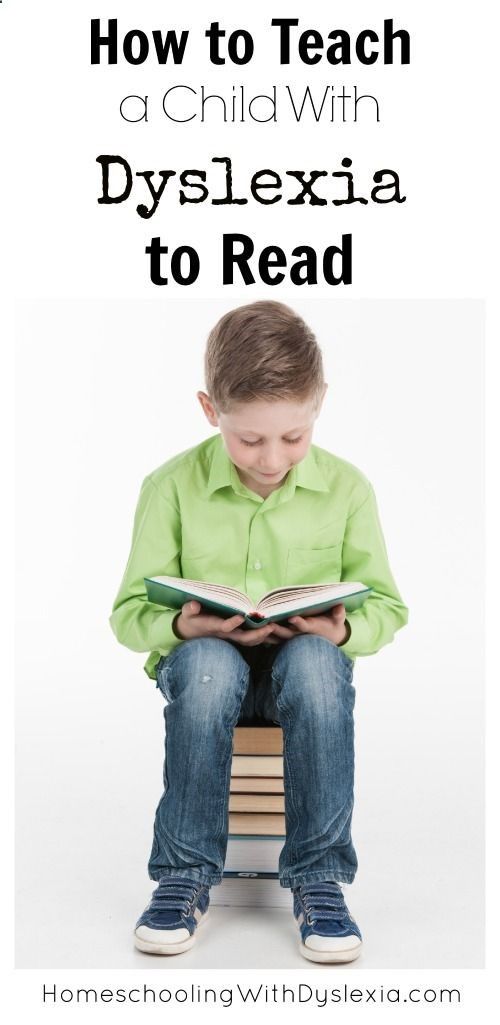
It is true, so many gifted students have found a book that becomes so much a part of them, they can discuss it at length. Bibliotherapy is a great way for students to experience how to deal with issues and learn tactics and strategies.
22. Pre-Assess ThemFor the love of anything that is holy, this should probably be no. 1. Research states that most gifted students do not learn new information until January. Don’t make a student who has already mastered a concept sit through the lesson again.
23. Allow Them to FocusLet gifted students pursue their interests. If they want to let everything be about dinosaurs, more power to them! We need paleontologists. As mentioned in Outliers, it takes over 10,000 hours to be an expert. To get that many hours on a time card, students have to be allowed to focus.
24. Make ConnectionsWe need to allow students to hyper-focus but also then be the “guide on the side” that helps them make connections from one area to another. Perhaps we can get our dinosaur expert to use Scratch and make a “Dino Dig” math game?
Perhaps we can get our dinosaur expert to use Scratch and make a “Dino Dig” math game?
Gifted students need mentors within their interest areas. Mentors can teach students how to navigate through professions and can even be gatekeepers to additional opportunities.
26. Practice Like ProfessionalsAllow students to practice like the professionals. Use the same processes that professionals use. Looking to try fashion designing? Have students actually sew, measure, use patterns and do the alterations. Visit the American Museum of Natural History’s OLogy interactive site.
27. Locate Authentic AudiencesThe work students create should have a real audience and be appreciated by those who authentically would benefit from its completion. Younger students are a great first authentic audience.
28. Put Them in Escape RoomsIf you haven’t heard of these yet, drop everything and head over to http://www.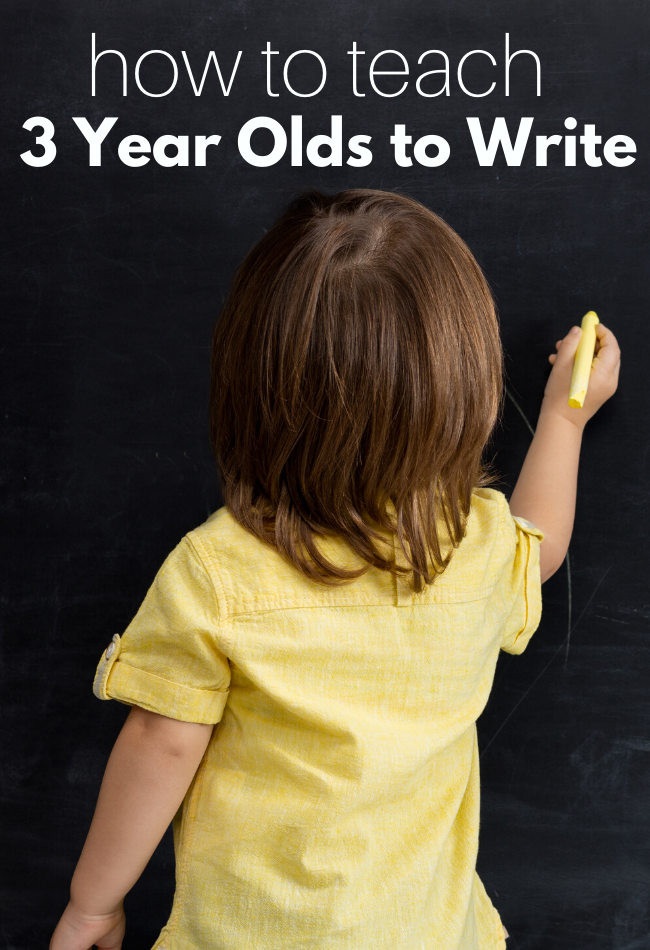 breakoutedu.com/digital/. These are a great way to curate the knowledge you want your students to gain.
breakoutedu.com/digital/. These are a great way to curate the knowledge you want your students to gain.
You can find webinars on just about any topic that interests your students. If you sign up at Edtech, they will send weekly lists of upcoming professional webinars.
30. Submit InventionsInventions are a great way for students to take risks and try different things. I feel like students are more apt to take risks when they are creating something new. Student Inventions for a Better America challenges students to submit an invention that will make the world a better place … and there are winners every month.
31. Try GamificationI love The Mind Research Institute, which challenges students in grades K–12 to design their own mathematical game.
32. Check Out Local HappeningsDo you live in the middle of nowhere? Me too! But I was surprised to learn there were still a TON of events happening on the weekends.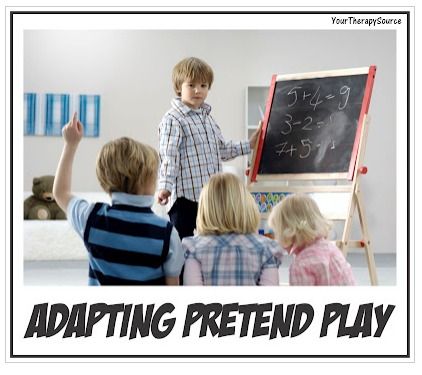 If you are in the urban areas, you are rich in opportunities. Look to local libraries, museums or universities.
If you are in the urban areas, you are rich in opportunities. Look to local libraries, museums or universities.
Some of my closest childhood friendships started at summer camp. These times allowed for encouragement and allowed kids to be nurtured in an environment where trying something new was the goal. Summer camp allowed me to be myself and try new things.
34. Solve Local Problems“With great power comes great responsibility,” says one of our favorite superheroes, and he is correct—kindness counts. We need to do good with the gifts and talents we have been given. Give gifted students the opportunity to solve local problems and see the need for change in their own community. Allow a book to inspire this mission: Wonder, Kindness Club, or The Summer I Changed the World in 65 Days.
35. Develop Book ClubsWhat do friends all have in common? Interests!! We are attracted to those who think similarly and those who challenge our beliefs.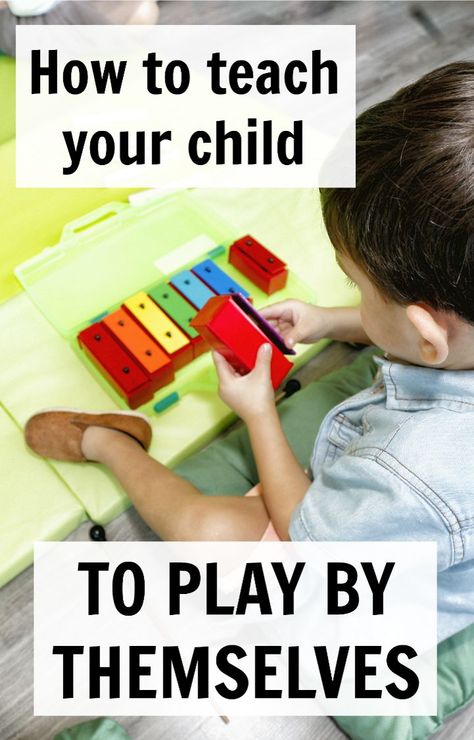 Book clubs make for a great space for likeminded students to come together to discuss a common theme … in this case a book, which serves as a great discussion starter.
Book clubs make for a great space for likeminded students to come together to discuss a common theme … in this case a book, which serves as a great discussion starter.
How many of you hated a certain book in high school only to read it as an adult and see how wrong you were? The moment we lost choice (of what to read in this case), we also lost joy. Allowing gifted students to have choice in the classroom allows them to feel empowered and engaged. Choices do not need to be huge either, small choices are just as important.
37. Raise the BarNo one wants to only be the big fish in a small pond. We want to be around people who will make us better and want to achieve more. Allow your gifted student to be challenged by participating in academic competitions such as National History Day. Your students will see what true competition is.
38. BrainstormThis is one of the best ways to develop critical thinking.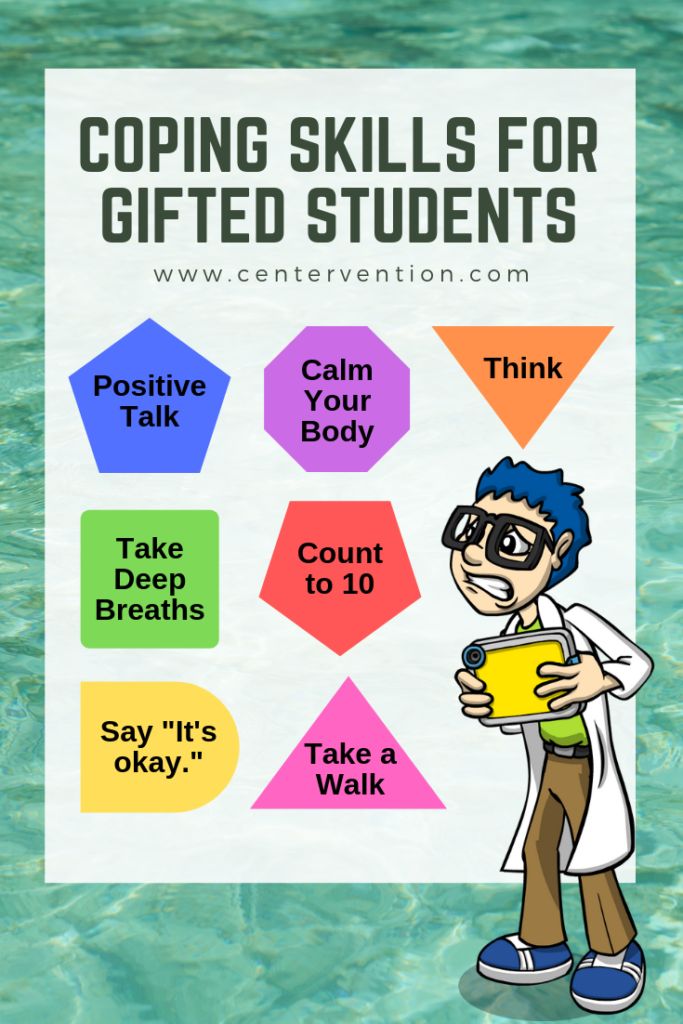 Show a picture of clouds … what do you see? This type of activity develops fluency, elaboration, originality and abstract thinking, which are all integral parts of being a creative thinker. Try Google’s Quick, Draw! It’s a great tool for getting students to think rapidly—it’s also a gem for indoor recess.
Show a picture of clouds … what do you see? This type of activity develops fluency, elaboration, originality and abstract thinking, which are all integral parts of being a creative thinker. Try Google’s Quick, Draw! It’s a great tool for getting students to think rapidly—it’s also a gem for indoor recess.
When the students ask a question you don’t know, look it up with them. As librarian media specialist Melissa Thom says, “the smartest people are the people who know how to find answers to their own questions.” Follow her on twitter at .
40. Try FlocabularyFlocabulary creates content-rich raps (yes, as in hip-hop) about just about ANYTHING. There are so many wonderful resources embedded within—contests, lyric labs, lyric notes, connections to primary sources, teacher plans, corresponding handouts, questioning and so much more! This will quickly become your favorite teaching resource. I promise!
41.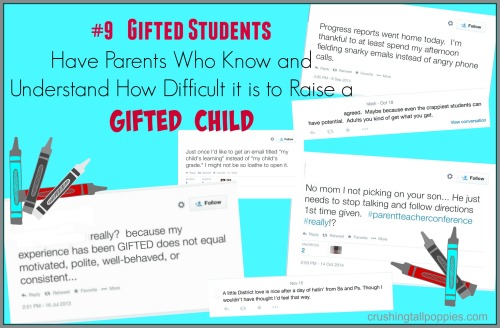 Let Them Read Below-Level Books
Let Them Read Below-Level BooksWhy do we expect every book gifted students read to be 1.5–2 grade levels above their reading level? I say, if a student is enjoying a book, read it! Yes, challenging books are needed to develop reading ability but don’t discount a book just because it is below a student’s level. Reading a book for a different purpose can increase the difficulty of a book without changing the text.
42. Connect GloballyGlobal Read Aloud is a program where one book is used to connect the world. Pernille Ripp founded GRA in 2010 with the simple idea to read a book aloud to her students and during that time try to make as many global connections as possible. This mission has grown exponentially and has reached over two million students. Collaborating with students in other states and countries will help a gifted student think empathetically.
43. Incorporate MythologyIf you know a gifted student, then you know that mythology can be a huge interest—often spurred by the Percy Jackson and the Olympians series by Rick Riordan. Allow students to build a better understanding by incorporating mythology into different curricular units.
Allow students to build a better understanding by incorporating mythology into different curricular units.
This is an authentic way for gifted students to share their reading in a way that we would as adults. Creating readers means treating them like readers—when I finish a book I do not take a comprehension quiz. I talk about it, share it with friends or write about it. Have your students react to reading like real readers. Kidblog is a great tool for creating safe student blogs.
45. CrowdsourceTwo heads are better than one! Allow students to go places where they can collaborate. Google Docs is a great place to start, but also explore tools like FlipGrid, a tool that allows students to record and reply to one another.
46. Be a Safe SpaceProvide a safe space for gifted students to take risks without being put down. Gifted students are often timid to answer something they are unsure about because of the social stigma attached to not answering correctly. Create a classroom culture where wrong answers become an opportunity to celebrate different thinking. Check out Nancy Anderson’s book, What’s Right About Wrong Answers? Learning Math From Mistakes.
Create a classroom culture where wrong answers become an opportunity to celebrate different thinking. Check out Nancy Anderson’s book, What’s Right About Wrong Answers? Learning Math From Mistakes.
QR codes add an interactive component to your classroom. Create a QR Code Museum or Gallery or even a QR scavenger hunt on one of your classroom bulletin boards.
48. Write HaikusA frog jumps into the pond, splash! Silence again. This is Basho Matsuo’s famous haiku. Use haiku as a way to challenge gifted students to summarize chapters, current events, biographies or vocabulary words. Haiku are student-friendly yet force them to be concise and purposeful with their word choice.
49. Change the WorldAction is powerful for gifted students. Allowing students to find solutions to problems they see in their school, neighborhood or community will allow them to understand that they can make a difference. Internalizing that they can be the change in the world is transformational. Watch these TED Talks to show them what kids like them are doing to change the world.
Internalizing that they can be the change in the world is transformational. Watch these TED Talks to show them what kids like them are doing to change the world.
Allow gifted students to record their voices into an app or movie application. Teaching in front of peers is public speaking and that is its own beast. By allowing gifted students to show their work in a way that allows their confidence to be present is a win-win. Explain Everything is a collaborative and interactive whiteboard tool that makes this approach a piece of cake!
What it Means to Teach Gifted Learners Well
Home » Information & Publications » Gifted Education Strategies » What it Means to Teach Gifted Learners Well
By Carol Ann Tomlinson, Ed.D, The University of Virginia
Some people suggest that gifted education is just sort of "fluffy" or enriching-gravy on the potatoes, perhaps, but not anything especially substantial or critical in the way of mental fare. Others propose that all gifted education is what's good for all students. Unfortunately, those two criticisms sometimes stem from observing classrooms where gifted learners are taught inappropriately.
Others propose that all gifted education is what's good for all students. Unfortunately, those two criticisms sometimes stem from observing classrooms where gifted learners are taught inappropriately.
So what does it mean to teach a highly able student well? Of course it will vary some with the age of the child, the subject, the learning style of the student-and possibly even the child's gender or culture. Certainly appropriate instruction for such learners varies for a child who comes to school rich with experiences vs. a child who is equally able but lacks richness of experience. And it will vary with a child who has immense potential vs. a peer with somewhat less capacity. Nonetheless, there are general indicators of appropriate curriculum and instruction for highly able students (in their areas of strength)-and general indicators of inappropriate curriculum and instruction for such learners.
Good Instruction for Gifted Learners
- Good curriculum and instruction for gifted learners begins with good curriculum and instruction.
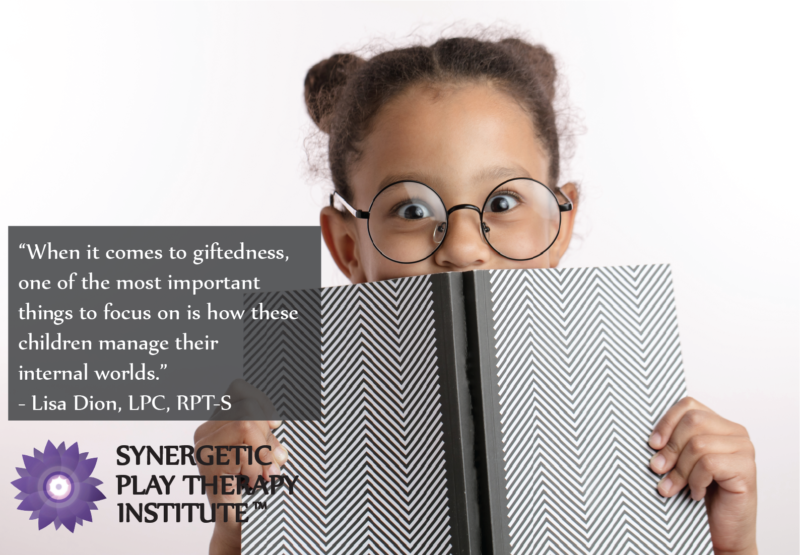 It's difficult, if not impossible, to develop the talent of a highly able student with insipid curriculum and instruction. Like all students, gifted learners need learning experiences that are rich. That is, they need learning experiences that are organized by key concepts and principles of a discipline rather than by facts. They need content that is relevant to their lives, activities that cause them to process important ideas at a high level, and products that cause them to grapple with meaningful problems and pose defensible solutions. They need classrooms that are respectful to them, provide both structure and choice, and help them achieve more than they thought they could. These are needs shared by all learners, not just those who are gifted. But good instruction for gifted learners must begin there
It's difficult, if not impossible, to develop the talent of a highly able student with insipid curriculum and instruction. Like all students, gifted learners need learning experiences that are rich. That is, they need learning experiences that are organized by key concepts and principles of a discipline rather than by facts. They need content that is relevant to their lives, activities that cause them to process important ideas at a high level, and products that cause them to grapple with meaningful problems and pose defensible solutions. They need classrooms that are respectful to them, provide both structure and choice, and help them achieve more than they thought they could. These are needs shared by all learners, not just those who are gifted. But good instruction for gifted learners must begin there - Good teaching for gifted learners is paced in response to the student's individual needs. Often, highly able students learn more quickly than others their age. As a result, they typically need a more rapid instructional pace than do many of their peers.
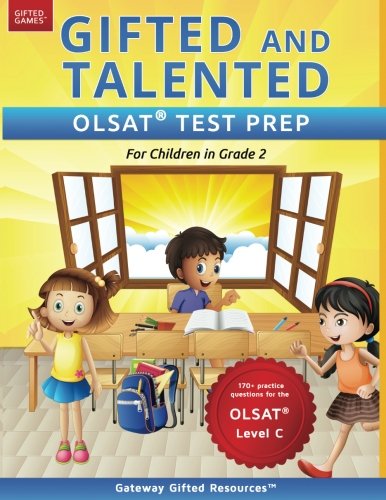 Educators sometimes call that "acceleration," which makes the pace sound risky. For many gifted learners, however, it's the comfortable pace-like walking "quickly" suits someone with very long legs. It's only "fast" for someone with shorter legs. On the other hand, it's often the case that advanced learners need a slower pace of instruction than many other students their age, so they can achieve a depth or breadth of understanding needed to satisfy a big appetite for knowing.
Educators sometimes call that "acceleration," which makes the pace sound risky. For many gifted learners, however, it's the comfortable pace-like walking "quickly" suits someone with very long legs. It's only "fast" for someone with shorter legs. On the other hand, it's often the case that advanced learners need a slower pace of instruction than many other students their age, so they can achieve a depth or breadth of understanding needed to satisfy a big appetite for knowing. - Good teaching for gifted learners happens at a higher "degree of difficulty" than for many students their age. In the Olympics, the most accomplished divers perform dives that have a higher "degree of difficulty" than those performed by divers whose talents are not as advanced. A greater degree of difficulty calls on more skills-more refined skills-applied at a higher plane of sophistication. A high "degree of difficulty" for gifted learners in their talent areas implies that their content, processes and products should be more complex, more abstract, more open-ended, more multifaceted than would be appropriate for many peers.
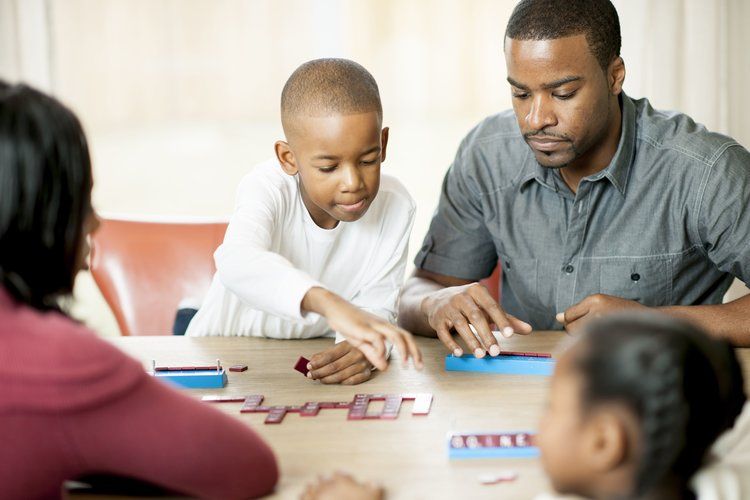 They should work with fuzzier problems, will often need less teacher-imposed structure, and (in comparison to the norm) should have to make greater leaps of insight and transfer than would be appropriate for many their age. Gifted learners may also (but not always) be able to function with a greater degree of independence than their peers.
They should work with fuzzier problems, will often need less teacher-imposed structure, and (in comparison to the norm) should have to make greater leaps of insight and transfer than would be appropriate for many their age. Gifted learners may also (but not always) be able to function with a greater degree of independence than their peers. - Good teaching for gifted learners requires an understanding of "supported risk." Highly able learners often make very good grades with relative ease for a long time in school. They see themselves (and often rightly so) as expected to make "As," get right answers, and lead the way. In other words, they succeed without "normal" encounters with failure. Then, when a teacher presents a high-challenge task, the student feels threatened. Not only has he or she likely not learned to study hard, take risks and strive, but the student's image is threatened as well. A good teacher of gifted students understands that dynamic, and thus invites, cajoles and insists on risk-but in a way that supports success.
 When a good gymnastics coach asks a talented young gymnast to learn a risky new move, the coach ensures that the young person has the requisite skills, then practices the move in harness for a time. Then the coach "spots" for the young athlete. Effective teachers of gifted learners do likewise.
When a good gymnastics coach asks a talented young gymnast to learn a risky new move, the coach ensures that the young person has the requisite skills, then practices the move in harness for a time. Then the coach "spots" for the young athlete. Effective teachers of gifted learners do likewise.
Inappropriate Instruction for Gifted Learners
- Instruction for gifted learners is inappropriate when it asks them to do things they already know how to do, and then to wait for others to learn how. Many advanced learners regularly complete assignments calling on materials, ideas and skills they have already mastered. Then they wait for peers to catch up, rather than being pre-assessed and assigned more advanced materials, ideas and skills when they demonstrate competency.
- Instruction for gifted learners is inappropriate when it asks them to do "more of the same stuff faster." Reading more books that are too easy and doing more math problems that have ceased being a challenge are killers of motivation and interest.
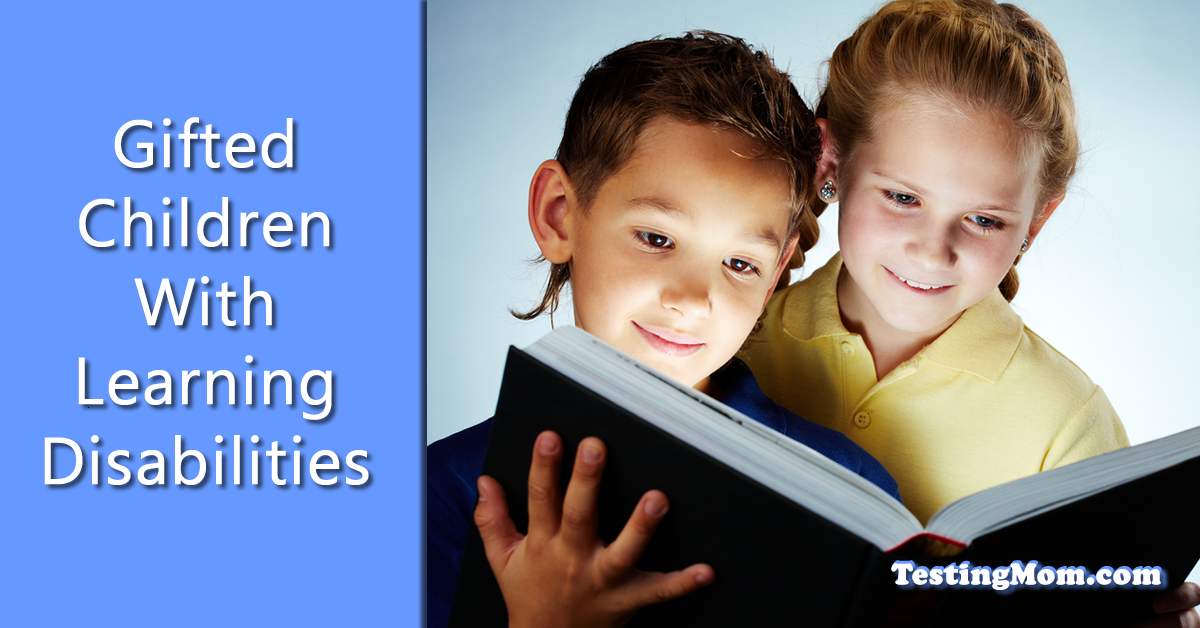
- Instruction for gifted learners is inappropriate when it cuts them loose from peers and the teacher for long periods of time. Asking a highly able student to sit at a desk in the back of the room and move through the math book alone ignores a child's need for affiliation, and overlooks the fact that a teacher should be a crucial factor in all children's learning. It also violates the importance of meaningful peer interaction in the learning process, as well as in the process of social and emotional development.
- Instruction for gifted learners is inappropriate when it is structured around "filling time." Highly able students are often asked to go write a play, complete a puzzle, or do classroom chores because they have completed required tasks that take others longer. It would be difficult to defend such practices as a high-quality use of educational time.
- Instruction for gifted learners is inappropriate when they spend substantial time in the role of tutor or "junior teacher.
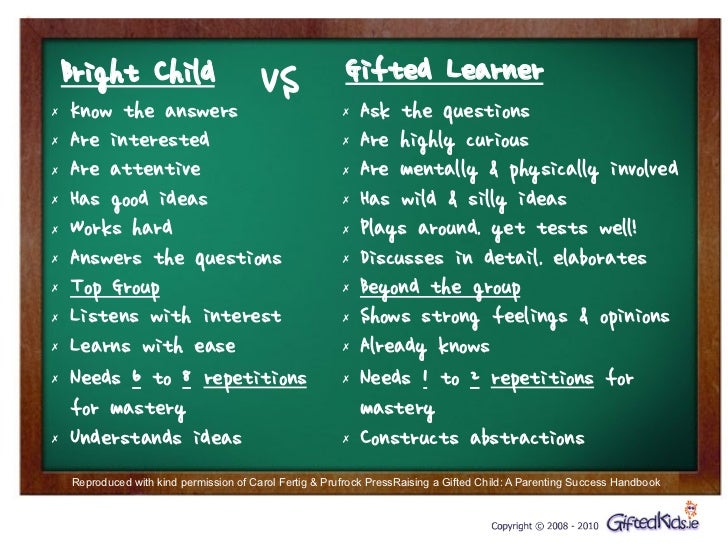 " All students need to be colleagues for one another, giving a hand or clarifying procedures when needed. That's quite different from when advanced learners spend chunks of time on a regular basis teaching what they already know to students who are having difficulty. Some educators suggest that doesn't harm highly able learners because their test scores remain high. That begs the question of the extended learning these students might have garnered had the same amount of time been spent in pursuit of well-planned new ideas and skills.
" All students need to be colleagues for one another, giving a hand or clarifying procedures when needed. That's quite different from when advanced learners spend chunks of time on a regular basis teaching what they already know to students who are having difficulty. Some educators suggest that doesn't harm highly able learners because their test scores remain high. That begs the question of the extended learning these students might have garnered had the same amount of time been spent in pursuit of well-planned new ideas and skills. - Instruction for gifted learners is inappropriate when it is rooted in novel, "enriching" or piecemeal learning experiences. If a child were a very talented pianist, we would question the quality of her music teacher if the child regularly made toy pianos, read stories about peculiar happenings in the music world, and did word-search puzzles on the names of musicians. Rather, we would expect the student to work directly with the theory and performance of music in a variety of forms and at consistently escalating levels of complexity.
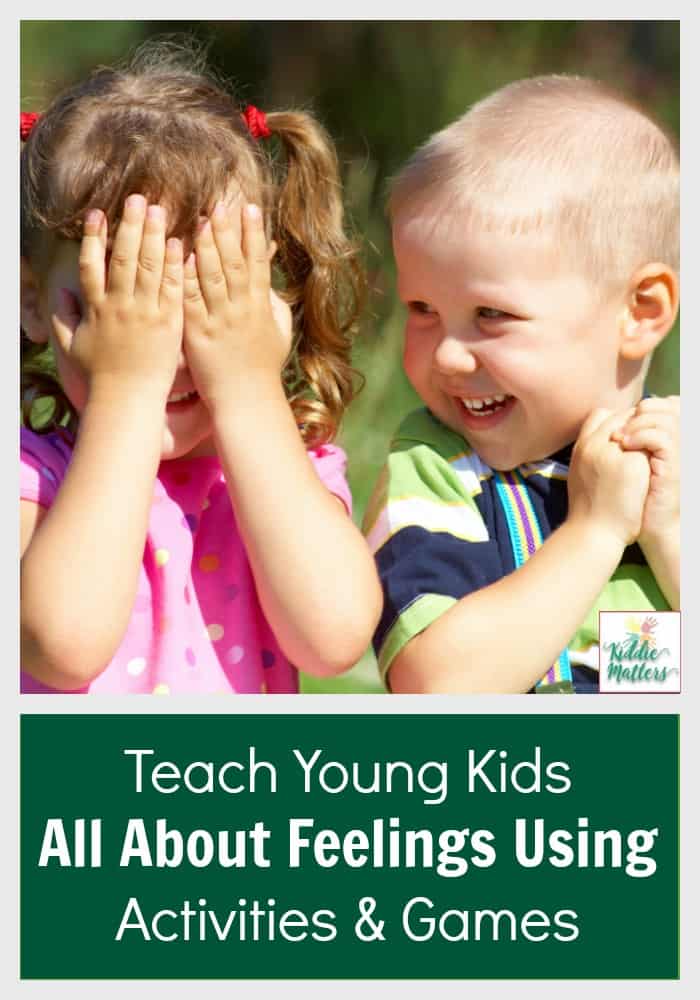 We would expect the young pianist to be learning how a musician thinks and works, and to be developing a clear sense of her own movement toward expert-level performance in piano. Completing word-search puzzles, building musical instruments and reading about oddities in the lives of composers may be novel, may be "enriching,"(and certainly seems lacking in coherent scope and sequence, and therefore sounds piecemeal). But those things will not foster high-level talent development in music. The same hold true for math, history, science, and so on.
We would expect the young pianist to be learning how a musician thinks and works, and to be developing a clear sense of her own movement toward expert-level performance in piano. Completing word-search puzzles, building musical instruments and reading about oddities in the lives of composers may be novel, may be "enriching,"(and certainly seems lacking in coherent scope and sequence, and therefore sounds piecemeal). But those things will not foster high-level talent development in music. The same hold true for math, history, science, and so on.
It's Actually Simple—In Theory
What it takes to teach gifted learners well is actually a little common sense. It begins with the premise that each child should come to school to stretch and grow daily. It includes the expectation that the measure of progress and growth is competition with oneself rather than competition against others. It resides in the notion that educators understand key concepts, principles and skills of subject domains, and present those in ways that cause highly able students to wonder and grasp, and extend their reach.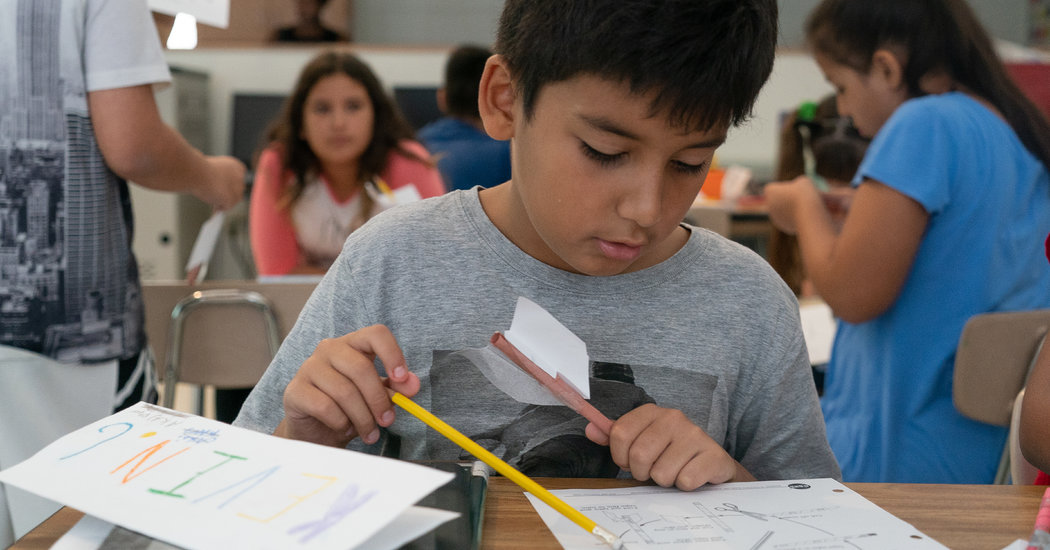 And it envisions schooling as an escalator on which students continually progress, rather than a series of stairs, with landings on which advanced learners consistently wait.
And it envisions schooling as an escalator on which students continually progress, rather than a series of stairs, with landings on which advanced learners consistently wait.
It's not so hard to articulate. It's fiendishly difficult to achieve in schools where standardization is the norm, and where teachers are supported in being recipe followers, rather than flexible and reflective artisans. In schools where responsive instruction is a carefully supported indicator of professional growth, the capacity to extend even the most capable mind is a benchmark of success.
This article reprinted from the May 1997 issue of Instructional Leader, with permission from the Texas Elementary Principals and Supervisors
Where and how to teach gifted children?
The MSUPE City Giftedness Resource Center is regularly asked questions about working with gifted children, which ultimately come down to the following: how to work effectively with gifted children in the so-called mass schools and what do we think about the situation of merging schools? Will this association benefit gifted children or destroy what we already have?
The MSUPE City Giftedness Resource Center is regularly asked questions about working with gifted children, which ultimately come down to the following: how to work effectively with gifted children in the so-called mass schools and what do we think about the situation of merging schools? Will this association benefit gifted children or destroy what we already have?
These are serious questions that affect not only the fate of gifted children, but also the fate of society.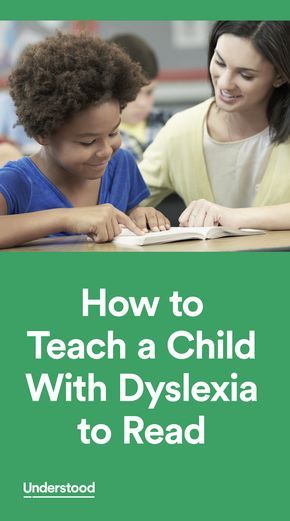 In the expressions that are awarded to gifted children - "golden fund", "the future of Russia", "the hope of mankind" - for all, perhaps, the excessive pathos, there is a considerable amount of truth.
In the expressions that are awarded to gifted children - "golden fund", "the future of Russia", "the hope of mankind" - for all, perhaps, the excessive pathos, there is a considerable amount of truth.
Any school should provide for two areas of work with children: work to develop the abilities of any child, even if he is not yet prepared for his intellectual development motivationally. The motivational preparation of children for their own development should become the basis of work in this direction. In fact, in this regard, we will talk about a kind of "production" of gifted children. It is another matter to work with really gifted children and children who need to be prepared for such special work (“highly motivated children”). Although this task is no more important than the first, our Center, due to certain requirements for it, is still working in the second direction.
What are the key positions of the Center regarding the development of gifted children, the requirements for the development conditions that the educational environment should create for them, no matter what form it takes in each individual case? On what basis is it extremely necessary, in our opinion, to solve the strategic and tactical questions of the education of this contingent of children?
Which children belong to the group of gifted children?
If it is not specified what kind of giftedness is meant, then in the community of educators and psychologists, by default it is considered that we are talking about intellectual (mental) giftedness. Since mental giftedness has a certain weight in any kind of giftedness without exception (according to psychologists, the largest weight of this giftedness is found in abilities in mathematics and physics, the smallest in psychomotor abilities), this giftedness in the scientific literature is called general. With all our unconditional respect for social, artistic and even psychomotor giftedness and understanding of their high role in the development of the child, it seems worth agreeing that it is the development of mental giftedness that can be considered in the school education system as the initial and, in this sense, priority task. It is about children with high mental giftedness that I am talking about.
Since mental giftedness has a certain weight in any kind of giftedness without exception (according to psychologists, the largest weight of this giftedness is found in abilities in mathematics and physics, the smallest in psychomotor abilities), this giftedness in the scientific literature is called general. With all our unconditional respect for social, artistic and even psychomotor giftedness and understanding of their high role in the development of the child, it seems worth agreeing that it is the development of mental giftedness that can be considered in the school education system as the initial and, in this sense, priority task. It is about children with high mental giftedness that I am talking about.
The group of gifted children is heterogeneous. With some degree of simplification, they can be divided into three groups.
Specially gifted children. These include children with a very high level of mental development. For the numerical concretization of the concept of "high" to date, adequate mathematical methods have been developed that are flawless in the proper mathematical and quite acceptable in a psychological sense.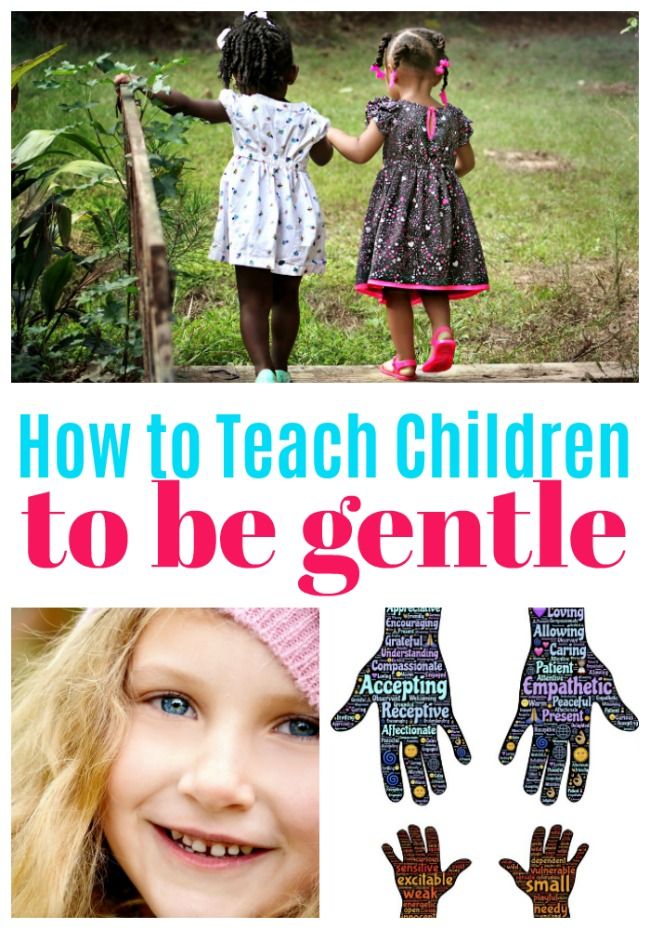 These are children with a special type of age development, which very noticeably distinguishes them from "ordinary" children. They are visible, as they say, with the naked eye: on their face, as they say, the Lord himself signed. A relatively small part of this group of children is occupied by child prodigies. There are many children in this group with severe difficulties in personal development, and therefore they are included in the risk group by the World Health Organization.
These are children with a special type of age development, which very noticeably distinguishes them from "ordinary" children. They are visible, as they say, with the naked eye: on their face, as they say, the Lord himself signed. A relatively small part of this group of children is occupied by child prodigies. There are many children in this group with severe difficulties in personal development, and therefore they are included in the risk group by the World Health Organization.
High standard. The contingent of gifted children also includes children who, in terms of the general type of age development, are close to ordinary children, but due to the full set of favorable conditions that they have, their abilities have developed to a high level. These children are much more prosperous in comparison with especially gifted children.
Highly motivated children. These are children with potential, but not yet sufficiently manifested (not yet actual) giftedness.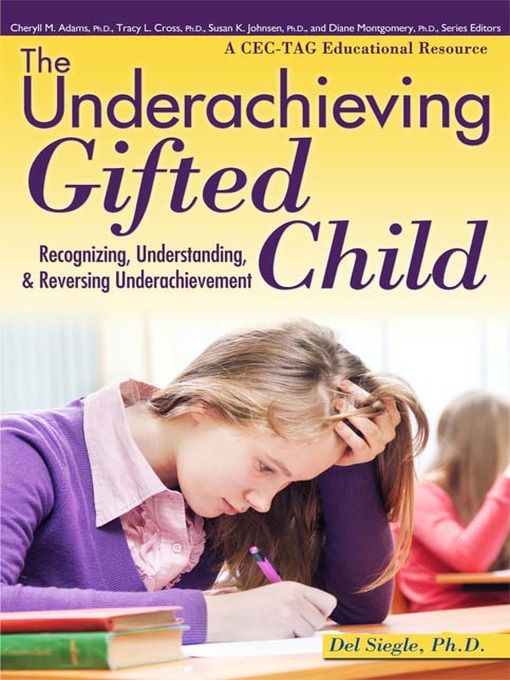 They are distinguished from “ordinary” children by their increased developmental opportunities, which are created due to high motivation for self-development (explained below). If such children are provided with favorable conditions for development, then their potential opportunities will turn into real high abilities. The main thing in this case is not to waste time.
They are distinguished from “ordinary” children by their increased developmental opportunities, which are created due to high motivation for self-development (explained below). If such children are provided with favorable conditions for development, then their potential opportunities will turn into real high abilities. The main thing in this case is not to waste time.
Basic principles of working with gifted children
Unfortunately, there is a significant ambiguity in the conceptual, methodological and actual substantive apparatus in the theory and practice of giftedness, which to some extent is the result of the social and even political engagement of this issue. Nevertheless, three principles can be singled out, which I consider as starting points for the work of our Center, this is what is called sinequanon (that which is impossible without).
The first principle. Motivation for self-development is the driving force behind the development of abilities.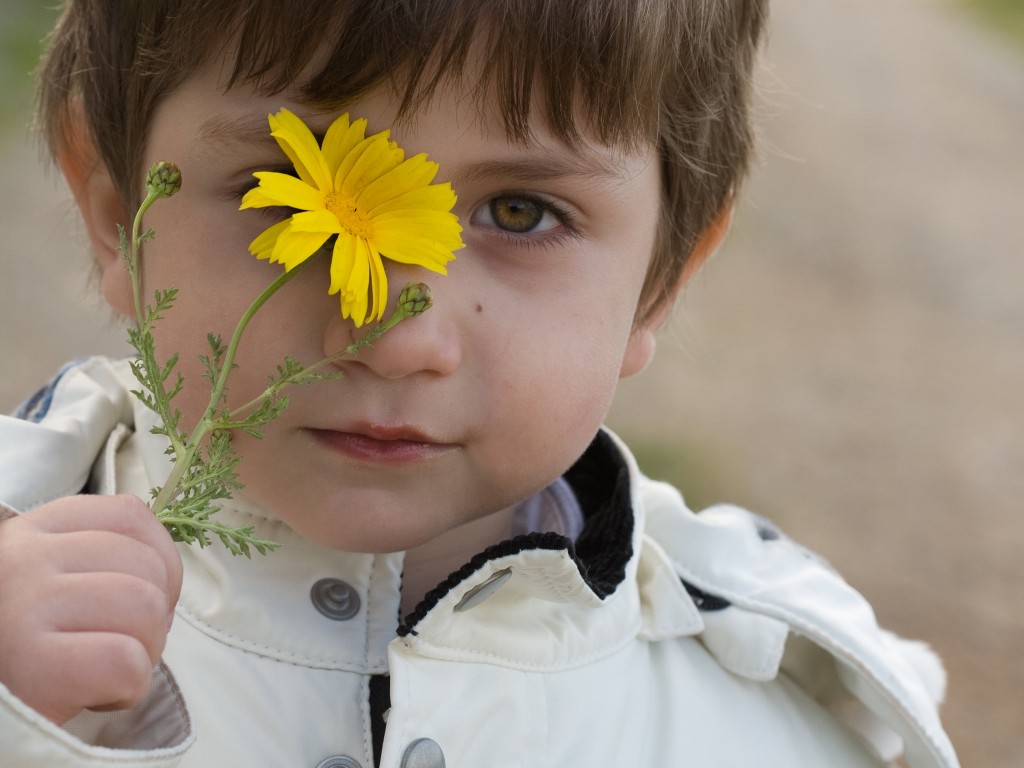 High giftedness is a systemic psychological education, which was the result of the development not so much of the child's intellectual capabilities themselves, but, first of all, of his personality, his motivation. There are many motivations for a child. The basis for the development of the child's mental abilities is his motivation for self-development, his first spontaneous, almost biological, and then conscious, purposeful desire to develop his capabilities.
High giftedness is a systemic psychological education, which was the result of the development not so much of the child's intellectual capabilities themselves, but, first of all, of his personality, his motivation. There are many motivations for a child. The basis for the development of the child's mental abilities is his motivation for self-development, his first spontaneous, almost biological, and then conscious, purposeful desire to develop his capabilities.
This need goes through several age stages, starting with the well-known "need for knowledge", passing through the stage of "need for mental stress" and at the height of development becoming "need for self-actualization". At the same time, each time in a different form, the same need appears: for self-realization, self-manifestation, self-development.
Fundamental in this respect is the fact that a child's abilities develop if, and only if, they are based on this motivation - his interests, inclinations, his cognitive need as a whole. For the development of abilities, a pronounced state of pleasure from mental activity is categorically necessary, which occurs only if intellectual activity is initially triggered by this motivation. By itself, pure “pumping up” a child with knowledge can give good ZUN (knowledge, skills and abilities), but will not give “surplus value” in the form of developing abilities. We still do not fully understand the biological, more precisely, biochemical nature of these processes, but this fact itself is not subject to any doubt at the present time. Developmental motivation is the only "engine" for the development of a child's abilities, and reliance on this motivation is a prerequisite for a sufficiently high development of his abilities. Any training must take this into account.
For the development of abilities, a pronounced state of pleasure from mental activity is categorically necessary, which occurs only if intellectual activity is initially triggered by this motivation. By itself, pure “pumping up” a child with knowledge can give good ZUN (knowledge, skills and abilities), but will not give “surplus value” in the form of developing abilities. We still do not fully understand the biological, more precisely, biochemical nature of these processes, but this fact itself is not subject to any doubt at the present time. Developmental motivation is the only "engine" for the development of a child's abilities, and reliance on this motivation is a prerequisite for a sufficiently high development of his abilities. Any training must take this into account.
The second principle. Practically any ordinary healthy child can become psychologically and statistically gifted (enter the so-called high norm) if favorable conditions have developed for his development.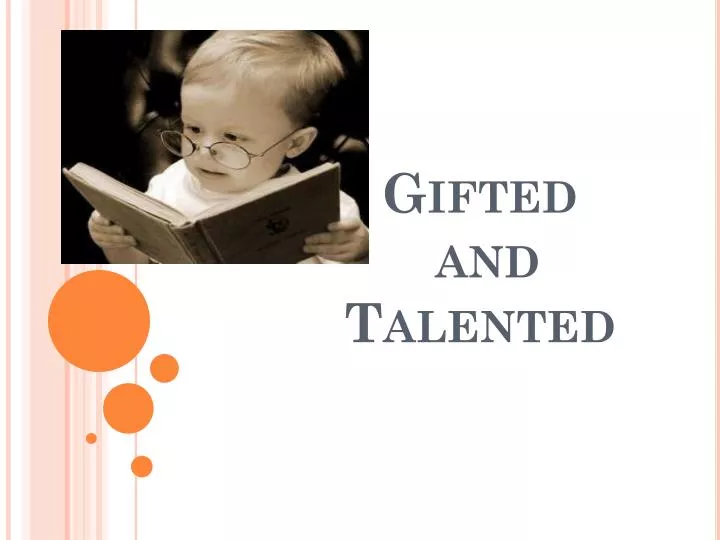 We emphasize that the concept of "favorable conditions" is not quite equivalent to the concept of "good conditions". For some reason, favorable conditions for the development of mental abilities throughout childhood are not so common. That is why there are relatively few children in the “high norm” in most countries. In this sense, Russia is not much different from most countries.
We emphasize that the concept of "favorable conditions" is not quite equivalent to the concept of "good conditions". For some reason, favorable conditions for the development of mental abilities throughout childhood are not so common. That is why there are relatively few children in the “high norm” in most countries. In this sense, Russia is not much different from most countries.
Experience and psychological research show that initially the need for self-development in its initial expression - in the form of a vivid cognitive need - is noted in almost all healthy children, and not so often parents manage to significantly deform it in preschool childhood. That is why there are a lot of potentially gifted children in any school. There is every reason to assert that in every school, in every class there are children with actual or potential giftedness (highly motivated children), but for their further development they need special educational conditions, which most often need to be created right on the spot.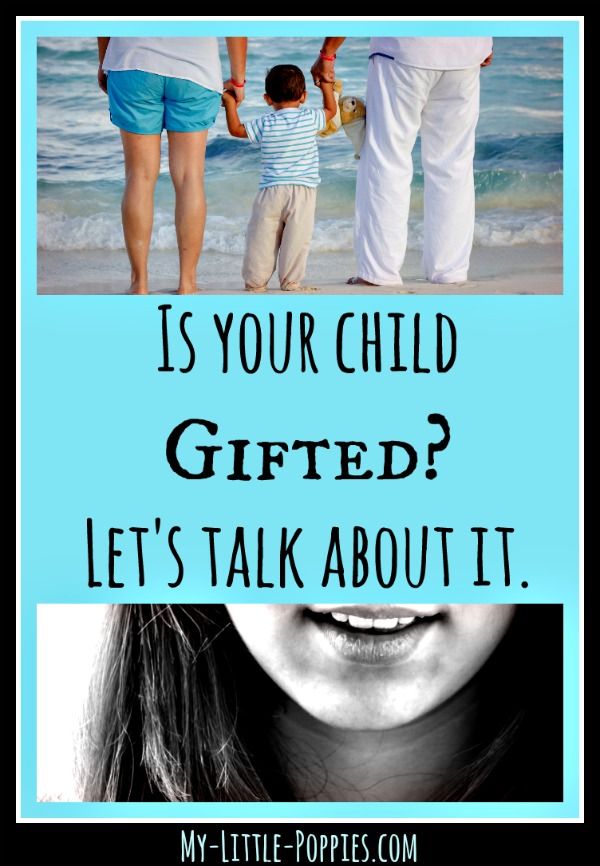 In this sense, we have to talk about the need for separate work with gifted children in each school.
In this sense, we have to talk about the need for separate work with gifted children in each school.
The third principle. When it comes to organizing a special educational environment for gifted children, the initial condition for its creation is a teacher. As noted in the MacKenzie Foundation report, "The quality of the education system cannot be higher than the quality of the teachers working in this system." Despite the banality of this statement, it was, is and will be the main condition for the development of the mind and personality of the child.
It is clear that the organization of the educational environment for the development of gifted children should be based primarily on the relevant educational needs of gifted children.
Special educational needs of gifted children
In our Moscow monitoring of giftedness, which involved about 10,000 children and more than 100 teachers and administrators of educational institutions, we asked teachers to formulate how they understand the needs of gifted children. The received materials were offered for analysis to a group of experts - the most experienced teachers and leaders of the best schools in Moscow. In the end, the following educational needs of gifted children were quite unanimously singled out (generalized data):
The received materials were offered for analysis to a group of experts - the most experienced teachers and leaders of the best schools in Moscow. In the end, the following educational needs of gifted children were quite unanimously singled out (generalized data):
Special requirements for a teacher for gifted children. He must at the same time be very attentive to each child, create between the student and himself a "special field for accepting the child," and at the same time it is highly desirable that he be sufficiently definite in his demands on the child. It is the teacher who must create those intellectual and personal challenges that create the prospect of a child's intellectual and personal development.
The fact that a teacher must be educated, have experience in his own research work, have well-developed oral and written speech (in the report of the MacKenzie Foundation, this circumstance turned out to be practically the main thing for an elementary school teacher) is not worth saying, it is obvious how says default.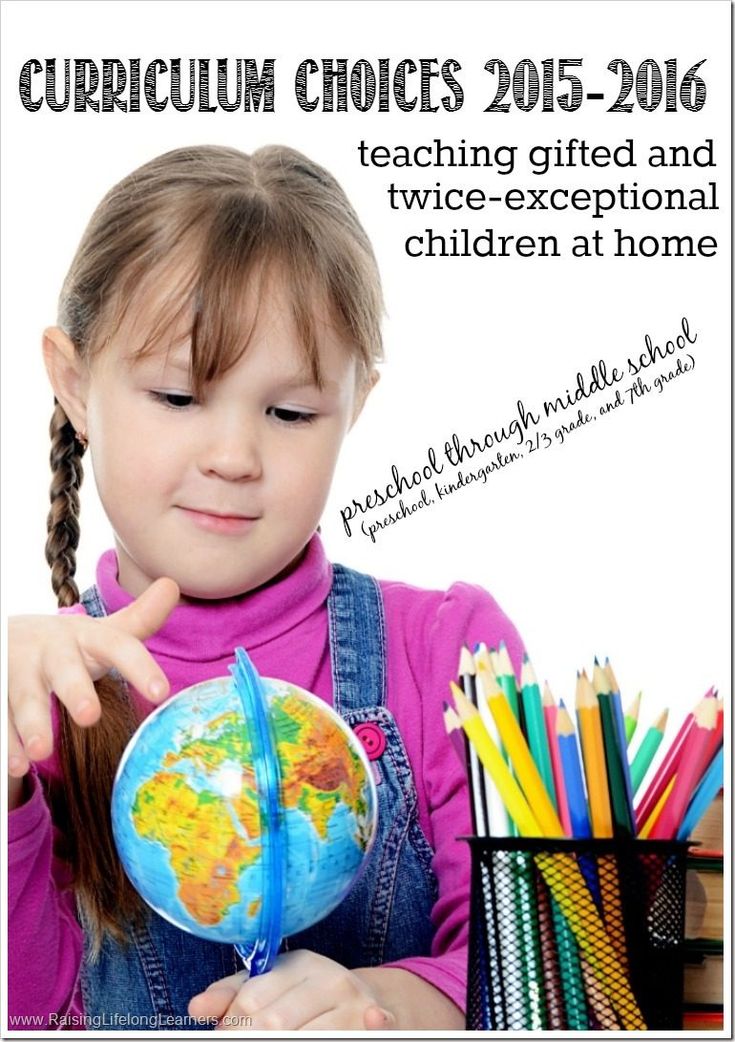 It seems to me that for a start in a school that is going to work with gifted children, one or two such teachers are enough, who can start the process of “crystallization” of the teaching staff and turn it into a group of like-minded people who enthusiastically work with gifted children.
It seems to me that for a start in a school that is going to work with gifted children, one or two such teachers are enough, who can start the process of “crystallization” of the teaching staff and turn it into a group of like-minded people who enthusiastically work with gifted children.
Education of gifted children should be based on their cognitive priorities, that is, on their interests and inclinations. At the same time, it is necessary to rely on the cognitive priorities of the student not only in additional, but especially in basic education, starting from the elementary grades of the school. Gifted children, as a rule, love and want to learn, but not everything in the world, but exactly what they like. To do this, they need an increased variety of educational forms and teaching methods and their content. The cognitive priorities of the child may change, but the logic of teaching these children should be based on them. Reliance on the cognitive priorities of the child does not negate the fact that any child must have a base in all subjects that are set by state education standards.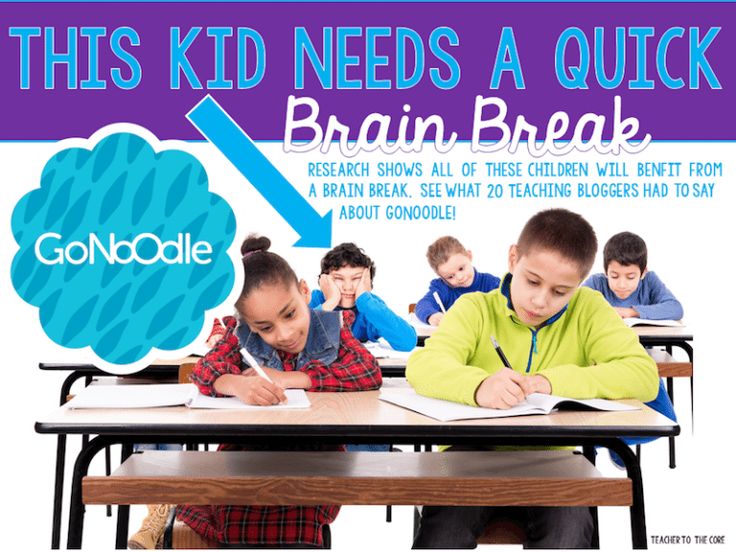 Finding a reasonable balance between the different tasks of teaching gifted children is not an easy task, which is solved with the help of special educational strategies for gifted children developed by our Center.
Finding a reasonable balance between the different tasks of teaching gifted children is not an easy task, which is solved with the help of special educational strategies for gifted children developed by our Center.
Increased intensity of the educational environment. It is necessary to create a kind of cognitive challenge for the child and stimulate a special stage in the development of the child's motivation - the need for complex mental activity ("the need for mental stress"). This is the basis for the further development of the personality and abilities of gifted children.
The concept of intensity includes high theoretical and problematic learning, increased pace and increased requirements for learning outcomes in priority subjects for a gifted child. Some teachers suggest including special gaps when explaining new material, deliberately creating situations of incomplete understanding. Thanks to these gaps, conditions are created for the intellectual independence of the child, which many of them are in dire need of.
A well-thought-out balance of freedom and duty. The educational environment for gifted children should successfully solve two multidirectional and, in this sense, contradictory tasks: to give sufficient freedom to the child in choosing his cognitive and even personal priorities, but at the same time maintain sufficient exactingness in situations of duty (for example, homework, cleaning, strict adherence to the schedule, including when performing design and research tasks). As experience shows, such a combination of such different tasks, although complex, is nevertheless a task solved by the school.
Sufficient socialization of a gifted child. With all the indisputable intrinsic value of childhood, the main task of the school is to prepare the child for life. A gifted child must understand the requirements and norms of society, be able to participate in various types of group work. This is especially important if we take into account that it is precisely the problems of socialization that are quite painful for many gifted children, especially for especially gifted ones.
Many reasonable questions arise: do all educational requests refer only to the group of gifted children? Don't the most ordinary children who fail to develop high abilities need a good teacher, a varied environment, a precise balance of hard demands and freedom? Continuation of the topic.
Yes, all children need all this, any child. The difference is that most of these requests come from the most gifted child, and are not introduced into him by a caring parent and teacher, it is the child himself, due to his special motivation, who wants to be allowed to study a lot in priority academic subjects, and in other subjects helped him to stay within the framework of uniform school requirements, the gifted child himself is drawn to increased problematic and theoretical teaching, to its increased difficulty.
Of course, not all requests are fully understood by children and are never formulated in the form presented here. However, in essence, almost all of the enumerated requests come from the students themselves. A significant part of gifted children with increased reflection about their abilities and personal difficulties makes a direct request to the psychologist about reduced self-regulation, or, as they put it, “weak will”. We conduct self-regulation training only when we have a request for it from the children themselves. A request for help in the development of self-regulation is quite common in senior school age, much less frequently in adolescence, and extremely rare in primary school age. The request for socialization is, of course, even less common, but still some high school students, especially those with increased reflection, turn to psychologists about this. Therefore, the educational demands that we single out as objective requirements for the development of gifted children are largely correlated with the own needs of gifted children.
A significant part of gifted children with increased reflection about their abilities and personal difficulties makes a direct request to the psychologist about reduced self-regulation, or, as they put it, “weak will”. We conduct self-regulation training only when we have a request for it from the children themselves. A request for help in the development of self-regulation is quite common in senior school age, much less frequently in adolescence, and extremely rare in primary school age. The request for socialization is, of course, even less common, but still some high school students, especially those with increased reflection, turn to psychologists about this. Therefore, the educational demands that we single out as objective requirements for the development of gifted children are largely correlated with the own needs of gifted children.
Where is it better to study for gifted children: in a specialized or mass school?
It is clear that the concept of "mass school" is very arbitrary: there are cases when the so-called mass school is in all respects better for a gifted child than the so-called specialized.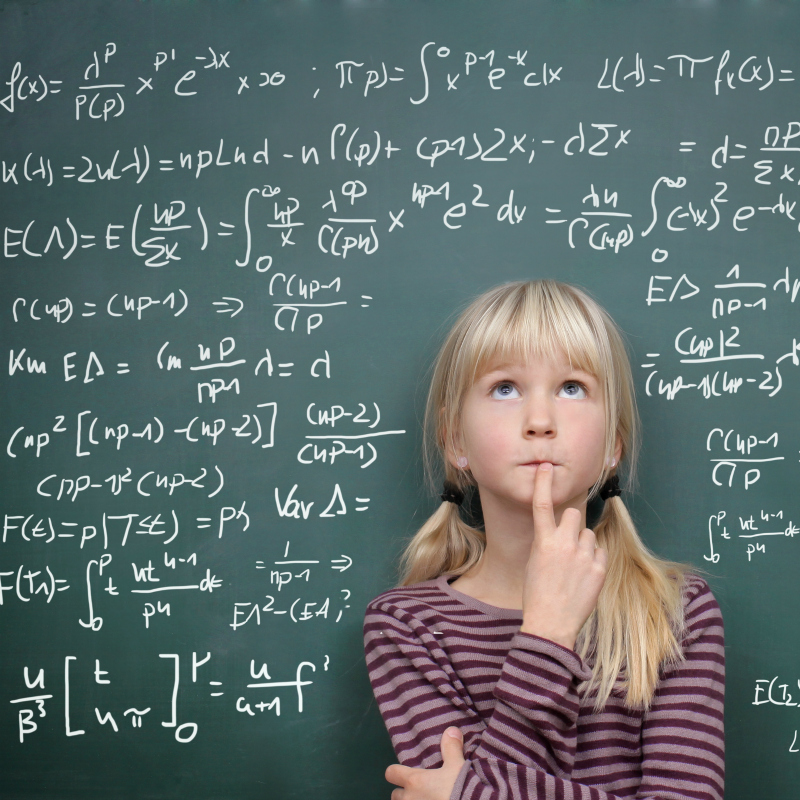 Usually, a mass school is a school where there is no targeted selection of children on the basis of the development of their abilities and where no special work is expected with this contingent of children. Accordingly, we call a school specialized where, with the help of selection, it is possible to create a significant percentage of gifted children in the school and where, of course, the school tries or actually creates favorable conditions for their development.
Usually, a mass school is a school where there is no targeted selection of children on the basis of the development of their abilities and where no special work is expected with this contingent of children. Accordingly, we call a school specialized where, with the help of selection, it is possible to create a significant percentage of gifted children in the school and where, of course, the school tries or actually creates favorable conditions for their development.
The main advantage of a specialized school is a homogeneous environment. A child in this type of school is much less likely to become an outcast, it is easier for him to get involved in group work, he quickly adapts to the school environment as a whole. It is clear that gifted children like this kind of school more. It is this main advantage that becomes the main disadvantage of a specialized school. The socialization of gifted children in a school specialized for teaching this particular contingent is a problem that is constantly being solved not only by psychologists, but by the entire teaching staff. In good schools of this type, children are always being taken either to a sports camp, or to summer and winter schools, or to all sorts of other joint events. They are engaged in various kinds of volunteer work, they make additional education practically open, when the most ordinary children come to the school for gifted children in the evening, who attend circles, electives or numerous studios. For example, it was precisely this situation that was programmatically and rather rigidly set by the first director of the Intellectual boarding school, Evgeny Markelov, and has been preserved in working form to this day. But despite the importance of this task for specialized schools, the socialization of gifted children remains insufficient, some artificiality of such “going to the people” still remains. Psychologists working in such schools are convinced of this every day.
In good schools of this type, children are always being taken either to a sports camp, or to summer and winter schools, or to all sorts of other joint events. They are engaged in various kinds of volunteer work, they make additional education practically open, when the most ordinary children come to the school for gifted children in the evening, who attend circles, electives or numerous studios. For example, it was precisely this situation that was programmatically and rather rigidly set by the first director of the Intellectual boarding school, Evgeny Markelov, and has been preserved in working form to this day. But despite the importance of this task for specialized schools, the socialization of gifted children remains insufficient, some artificiality of such “going to the people” still remains. Psychologists working in such schools are convinced of this every day.
Another, directly opposite situation is taking shape in the so-called mass school. Here, the necessary volume of educational conditions is not always created, which gifted children urgently need, but on the other hand, there is complete order with socialization.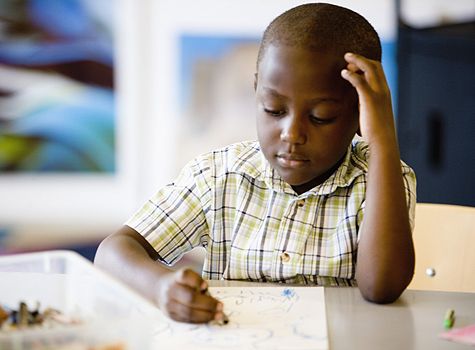 And the task of educators and psychologists is also exactly the opposite - to lead (accompany) a gifted child in such a way that he develops promisingly in the course of such natural socialization, which can be significantly tougher for him. Sometimes (much less often in good schools, much more often in bad ones) situations of certain stress can arise for a gifted child, which in most cases a good psychologist can and should turn into the developmental discomfort necessary for him. As experience shows, developing discomfort, generally speaking, with the right psychological support, many children need it, as it gives a powerful and long-term (often for life) developing effect. This is that eustress - good stress (Hans Selye), necessary for the development of any person. Stress, without which true development is impossible.
And the task of educators and psychologists is also exactly the opposite - to lead (accompany) a gifted child in such a way that he develops promisingly in the course of such natural socialization, which can be significantly tougher for him. Sometimes (much less often in good schools, much more often in bad ones) situations of certain stress can arise for a gifted child, which in most cases a good psychologist can and should turn into the developmental discomfort necessary for him. As experience shows, developing discomfort, generally speaking, with the right psychological support, many children need it, as it gives a powerful and long-term (often for life) developing effect. This is that eustress - good stress (Hans Selye), necessary for the development of any person. Stress, without which true development is impossible.
From this point of view, the consolidation of schools, in which a school for gifted children is incorporated into another, usually less specialized, can be very useful for the development of gifted children. Moreover, it can even meet the objective needs of a gifted child to a greater extent than in a specialized school, but only on the condition that the necessary and sufficient conditions for the development of his personality and abilities are created competently enough. This, of course, is a very difficult task, but, as experience shows, it is quite solvable.
Moreover, it can even meet the objective needs of a gifted child to a greater extent than in a specialized school, but only on the condition that the necessary and sufficient conditions for the development of his personality and abilities are created competently enough. This, of course, is a very difficult task, but, as experience shows, it is quite solvable.
The experience of Singapore is especially interesting from this point of view, where gifted children study in the most ordinary schools, but at the same time stand out in a separate class. At the same time, the tasks of creating a unified educational environment for all children and, at the same time, organizing special conditions for gifted and highly motivated children are quite heuristically solved there.
When organizing an educational environment for gifted children in a public school, it is necessary to observe a prerequisite, without which work with gifted children is impossible: when organizing an educational environment for gifted children, it is necessary that the school administration be guided not only by common sense (as it is said, “in pedagogy, everyone understands medicine and politics”), which, of course, is necessary for any teacher, but it is still not enough.
With all the insufficiency of our knowledge about the development of a gifted child, a floating conceptual system, not always enough developed educational strategies for training and development for gifted children, with all the amazing variety of possible options for such work, nevertheless, as the experience of many countries shows, for a long time and successfully working with gifted children (these are the countries of Southeast Asia, the United States and even some European countries), such work needs professionals, we need help on a regular basis from that part of the pedagogical community that has been working successfully with gifted children for a long time. It should be noted that for this purpose the Association of Schools Working with Gifted Children has already been created and is successfully operating (headed by Sergei Mendelevich).
At present MSUPE is working on the task of embedding work with gifted children in the general context of the mass school. For this purpose, the MSUPE master's program in the direction "Pedagogy and psychology of education of gifted children" has been successfully working for two years, in accordance with the requests of the Department of Education, a separate course "Organization of psychological and pedagogical work with gifted children in different types of schools" is included there.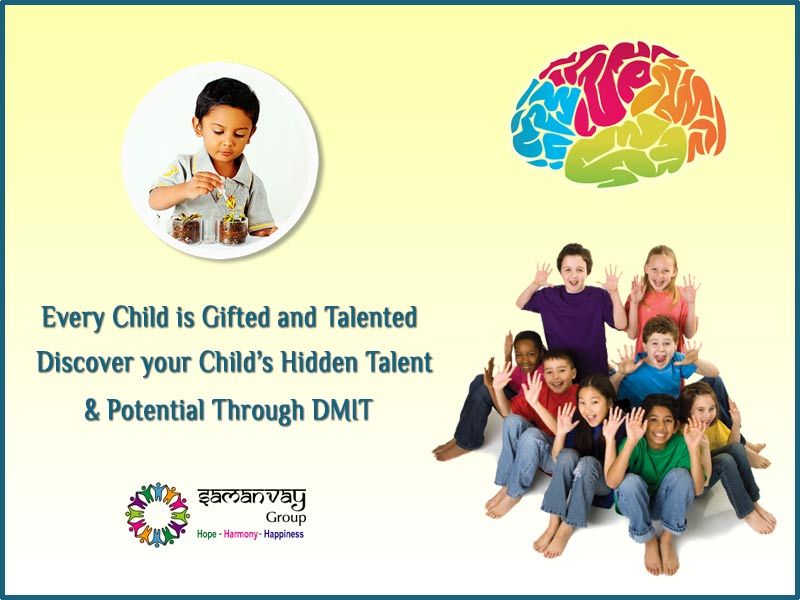 In addition, monitoring has already been carried out to identify giftedness in public schools in 60 schools in Moscow. Monitoring materials are currently being analyzed from the standpoint of organizing work with this contingent of children in schools of various types.
In addition, monitoring has already been carried out to identify giftedness in public schools in 60 schools in Moscow. Monitoring materials are currently being analyzed from the standpoint of organizing work with this contingent of children in schools of various types.
The Giftedness Center of MSUPE develops special educational strategies for psychological and pedagogical work with gifted children (identification, their training, support and social support) for those public schools that only plan to work with gifted children, conducts regular seminars with teachers and administrators of public schools, planning to work with gifted and highly motivated children on the basis of schools that have significant experience in working with this contingent of children. Currently, work is underway to analyze and generalize the experience of the best schools in Moscow that work with gifted children. On the basis of this kind of scientific reflection, on the basis of these schools, internship sites for the preparation of masters will be created, and work will be carried out to improve the skills of teachers in mass schools.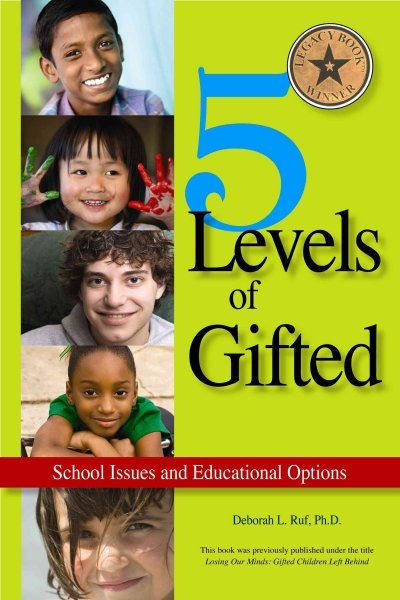
The City Giftedness Resource Center at MSUPE, together with the Association of Schools Working with Gifted Children, is developing a system of psychological and pedagogical requirements for schools planning to work with gifted children, and is ready to act as an expert on the quality of work with this contingent of children in schools of different type. In several mass schools aimed at working with gifted children, the MSUPE Center provides scientific and methodological assistance in the preparation of a multi-stage (modular) program for preparing teachers to work with gifted children on the basis of the MSUPE, approved by the district education department and including holding and attending special seminars on work with gifted and motivated children on a district or city scale, the concept of working with gifted children, taking into account the specifics of the contingent of students, the available teaching staff, the current educational situation, the program and work plan of the teaching staff with gifted and highly motivated children, the program of work of the psychological service with gifted and highly motivated children with clearly defined target indicators of work, a special target program of the school (summer schools, field events, psychological preparation of children for participation in intellectual competitions).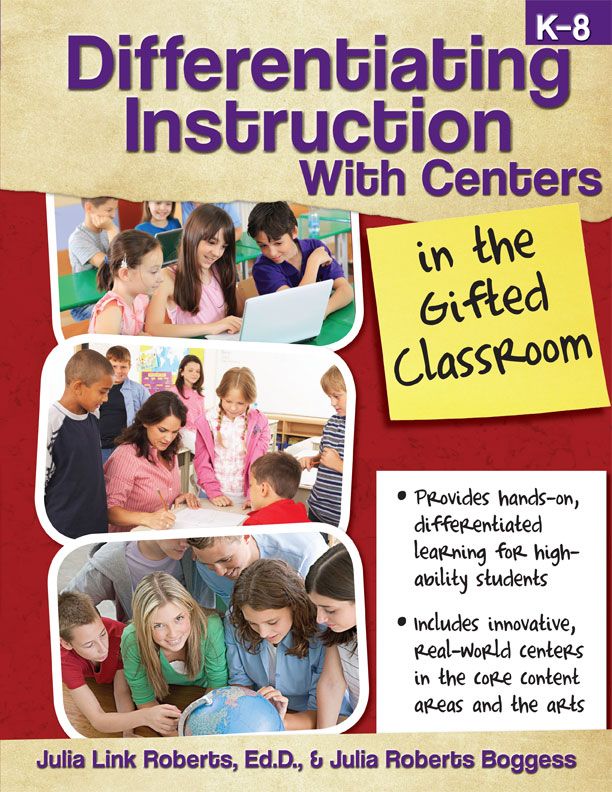
From my point of view, such measures will help every school to organize work with gifted children.
Gifted children: how a teacher can work with them
Photos: Depositphotos / Illustrations: Yulia Zamzhitskaya support and develop the child's abilities.
What is a gifted child
Gifted children are not child prodigies who, at the level of an adult expert, write poetry, prove theorems, or play the violin. Geniuses are few, but there are many gifted children.
According to the definition of the "Working concept of giftedness", such a child is distinguished by bright, obvious, sometimes outstanding achievements in a particular type of activity or has an internal potential for achievement. If a child has not yet reached heights, but experts see that he can do this under certain conditions, he is also called gifted.
Giftedness can be general and special - children can learn and assimilate information better than others, or they can show abilities only in music, art or mathematics.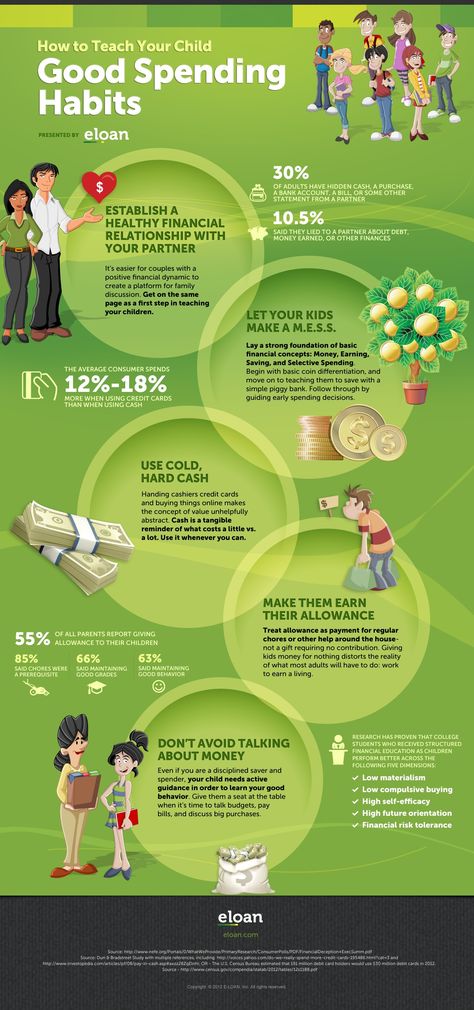 Less common are outstanding leadership or communication skills.
Less common are outstanding leadership or communication skills.
American psychologist Joseph Renzulli believes that giftedness arises at the junction of three of the following factors: above-average ability, increased motivation to solve problems, and creativity.
Source: WikiReading
At the same time, none of these factors is sufficient to "create giftedness" - it is important for teachers to pay attention to each of them when working with children.
Giftedness is just an opportunity to achieve success in some area. But nothing will happen without effort, work, support and a willingness to keep moving forward after the first setbacks.
How teachers work with gifted children
Don't emphasize differences. If a gifted child is very different from the rest of the children in the class, it is very important not to make him a black sheep. For this, work is underway in two directions: with the team and with the gifted child himself. Emphasize that we are all different, and that's okay. Everyone has their own abilities, and in order to reveal them, more work needs to be done. The thought “I am different from the rest” should not be disturbing.
Emphasize that we are all different, and that's okay. Everyone has their own abilities, and in order to reveal them, more work needs to be done. The thought “I am different from the rest” should not be disturbing.
Select tasks by level . If in elementary school a gifted child will be bored doing too simple tasks with everyone, then a teenager can be hurt and even offended: “My abilities are not recognized and ignored!”. Give the class a few tasks to choose from so that each child can do what he can do and feel successful. Offer, for example, participation in the Olympiads on Uchi.ru - they are designed so that children with different types of thinking and different levels of training find tasks for themselves according to their strengths and interests.
Unusual interactive tasks from the Olympiad develop spatial and algorithmic thinking
Find like-minded people. It is important for a gifted child to be surrounded by people like him.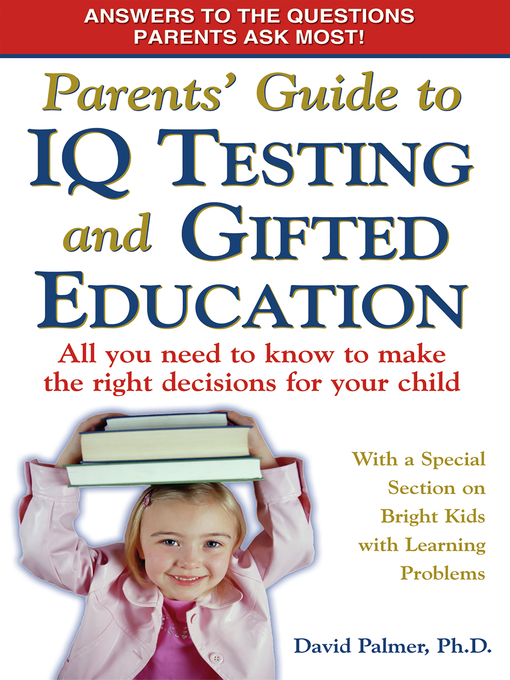 To see that there are people who are interested in the same thing as him, that this is normal, natural and good. Tell parents where they can send their child - circles, thematic exhibitions, interest clubs, competitions or contests are suitable.
To see that there are people who are interested in the same thing as him, that this is normal, natural and good. Tell parents where they can send their child - circles, thematic exhibitions, interest clubs, competitions or contests are suitable.
To accustom to work on oneself. A gifted child needs to put in a lot of work to reveal his talent. And he may be offended that everyone is already going for a walk, and he has to do a lot. To prevent classes from being perceived as a punishment, build a path to the goal with intermediate final results together with the child. Small victories help you see that you are on the right track and keep you motivated.
Praise for effort, not for talent. "You're doing well because you tried!" - in this case, failure only means the need to make more efforts and does not make the child "bad". And that means that next time, if you try hard, you can achieve a better result. This helps the gifted student stay motivated, even if it doesn't work out right away.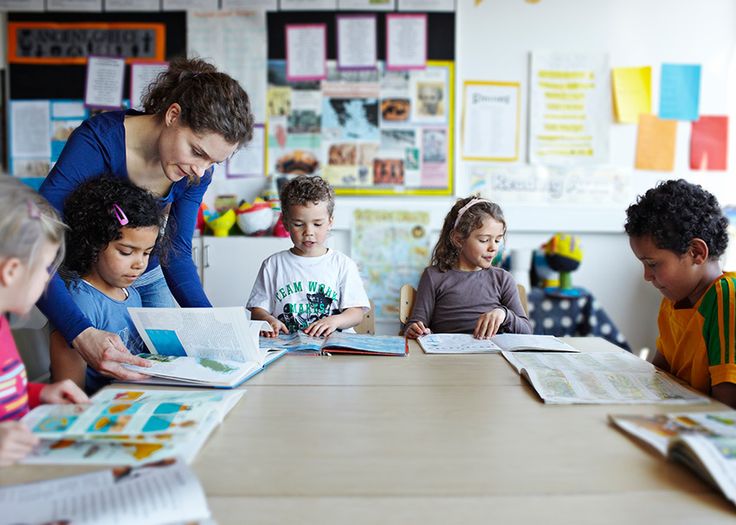
Offer to try different things. This will help a gifted child to determine what else he has "a soul for." The ability to switch between different types of activities will make it more stable and flexible, it will help you see your progress more often: “I didn’t know how, but now I can.” For example, offer a gifted student interesting tasks in "non-core subjects" and emphasize the moments in which he was successful.
Keep a balance. It is very important for a child not to concentrate on one direction, even if it is very successful for him. Giftedness should not be a reason to exclude rest and play from life. To avoid burnout and maintain interest, you need to be able to be distracted and then return to your main activity with pleasure. Do not overload a gifted student with tasks beyond measure, leave him time for the rest of his life.
Useful information about gifted children
- Joseph Renzulli research
- Theory of Flexible and Fixed Thinking by Carol Dweck
- Ability Tests: Torrance Creativity Test (to detect creative inclinations) and Stanford Achievement Test (to assess the level of intellectual development)
- Webinars and Olympiads on Uchi.
